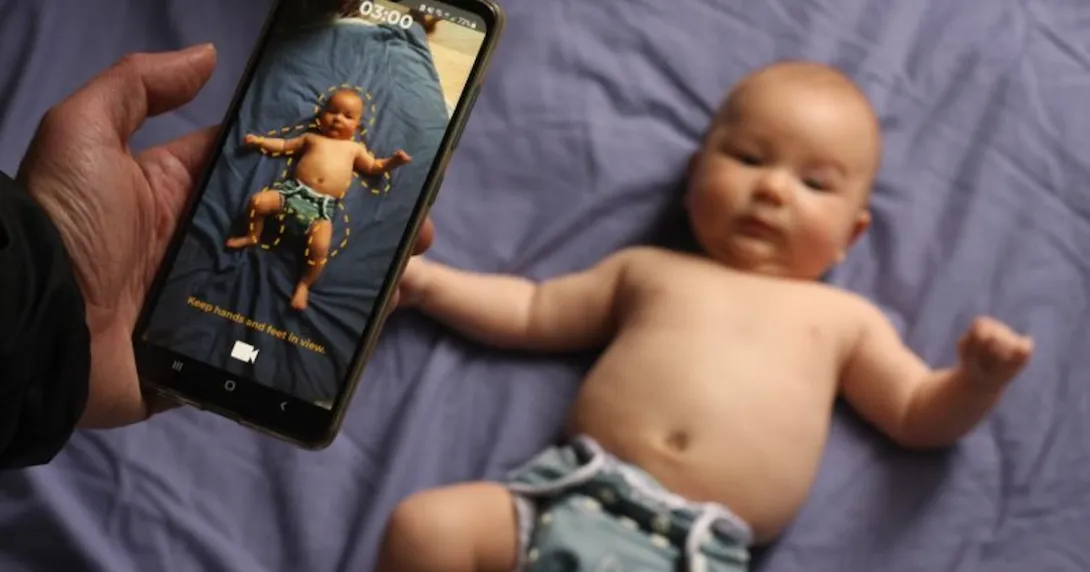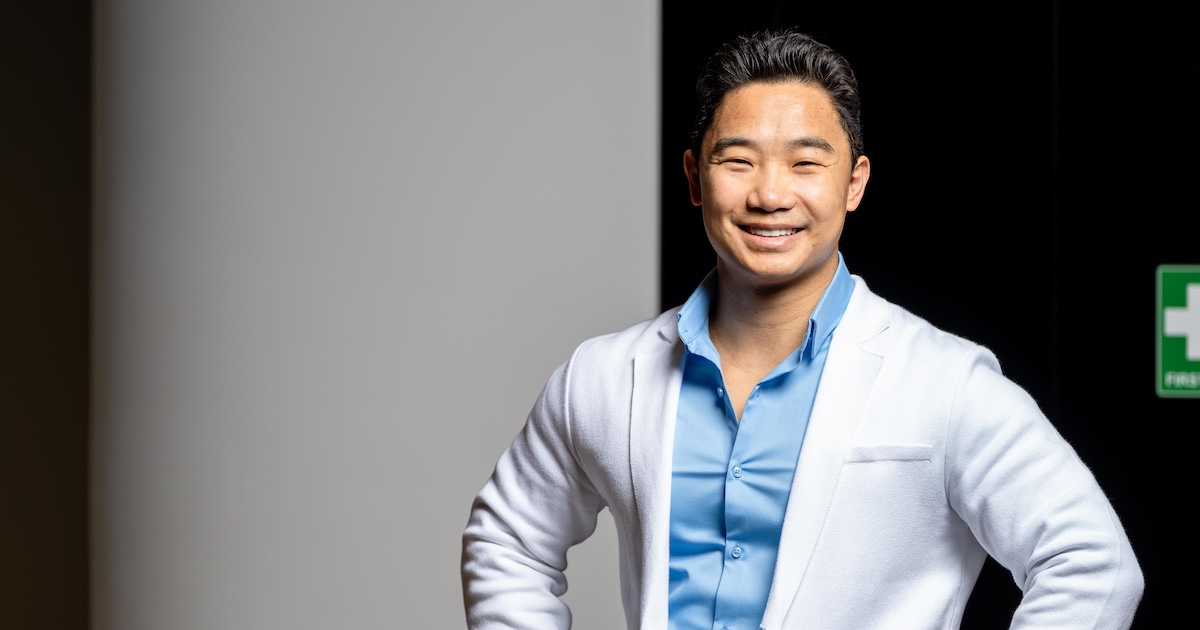
Photo courtesy of University of Melbourne
An Australian government research funding programme is helping commercialise a mobile app for screening cerebral palsy in infants at home.
HOW IT WORKS
Developed at the University of Melbourne, the Baby Moves VIEW app allows users to take a video of their baby's movements at home and send the recording to assessors for review.
According to a media release, it has a built-in AI algorithm to assess video quality; it notifies users if a video – such as one showing a baby crying or overdressed – is unusable.
"Our app will be compliant with Australia’s data security laws, so we can assure parents that their videos will be transmitted to clinicians securely without any risk of their personal data being compromised," the app's co-founder, Dr Amanda Kwong, emphasised.
WHY IT MATTERS
A general movements assessment (GMA), which is the first stage of screening for cerebral palsy, is usually done in person during the crucial four-week testing window. Premature infants or babies born with medical conditions like congenital heart disease are highly susceptible to developing this lifelong condition.
"At-risk babies should undergo a GMA between 12 and 16 weeks of age, but for many parents, particularly those who live in rural or remote regions, taking their child to see a clinician during this period can be challenging," noted Alicia Spittle, University of Melbourne professor and co-founder of the Baby Moves VIEW app.
She claims that their app can help speed up the diagnosis of cerebral palsy in babies, potentially lowering the average age of detection to as early as three months. Currently, the average age of cerebral palsy diagnosis in Australia is 19 months.
Early diagnosis, added Dr Kwong, allows early intervention to reduce the disorder's severity and for therapists to harness babies' neuroplastic brains and rewire neural pathways.
Their app's prototype has been tested in over 20 studies globally involving more than 10,000 families.
The researchers are now building a dataset of videos that will be used to train AI models for assessing them. They have received A$366,000 (around $242,000) in funding through Australia’s Economic Accelerator programme to commercialise the app.
THE LARGER TREND
Three years ago, the Australian government also funded a Curtin University research project developing wearable sensors to monitor the movement of children with cerebral palsy who are unable to walk.
Meanwhile, other research projects in Australia also utilise AI to diagnose jaundice in newborn babies and remotely monitor premature babies' vital signs.

